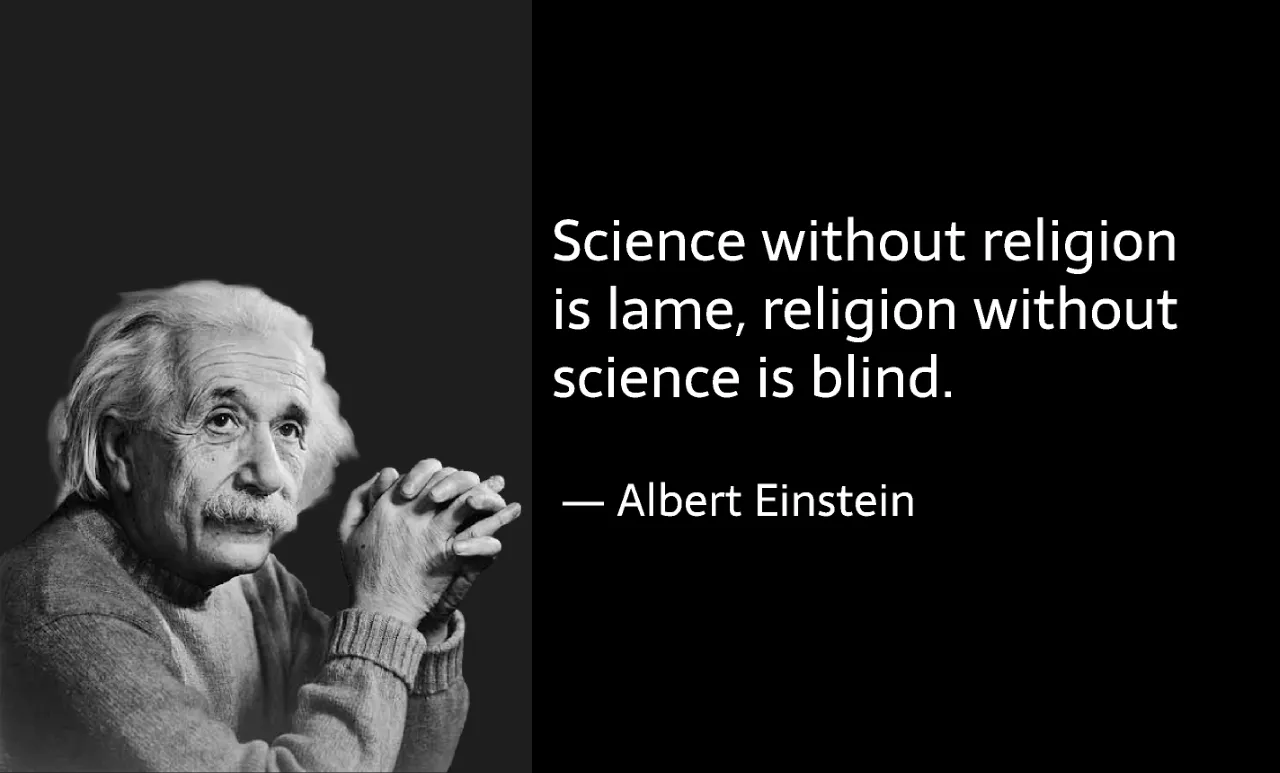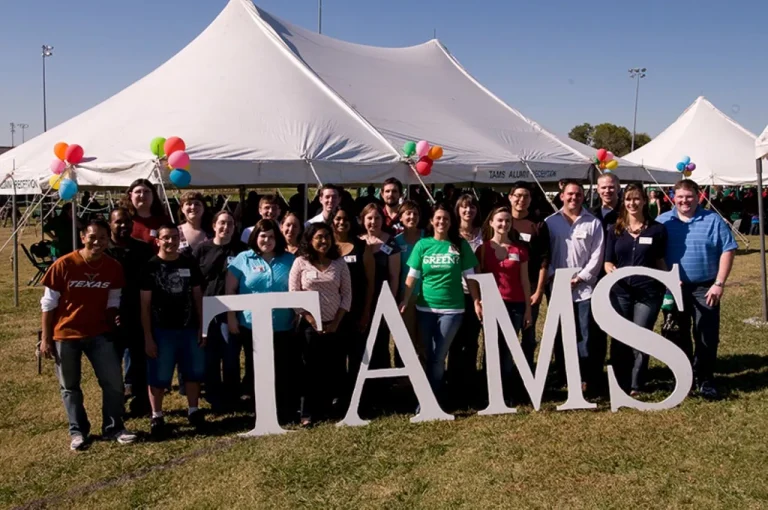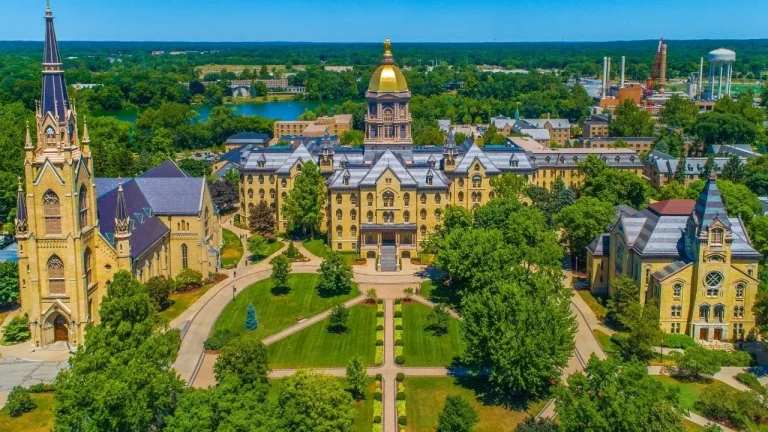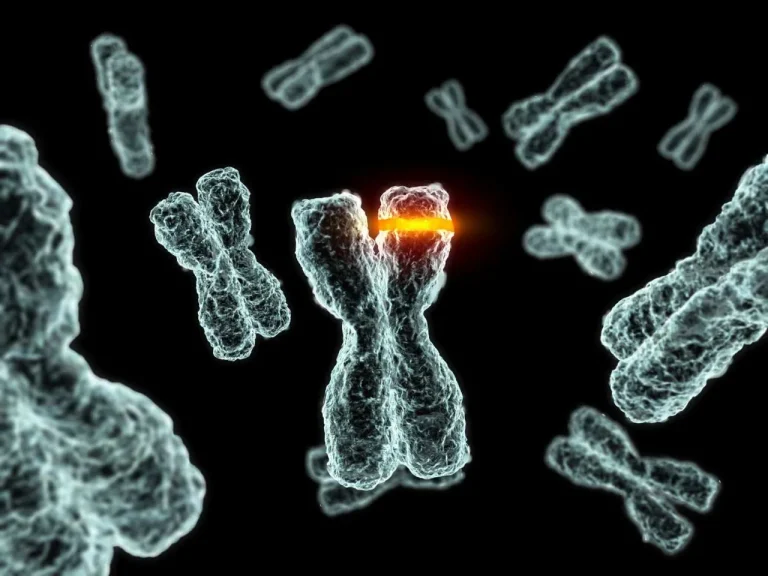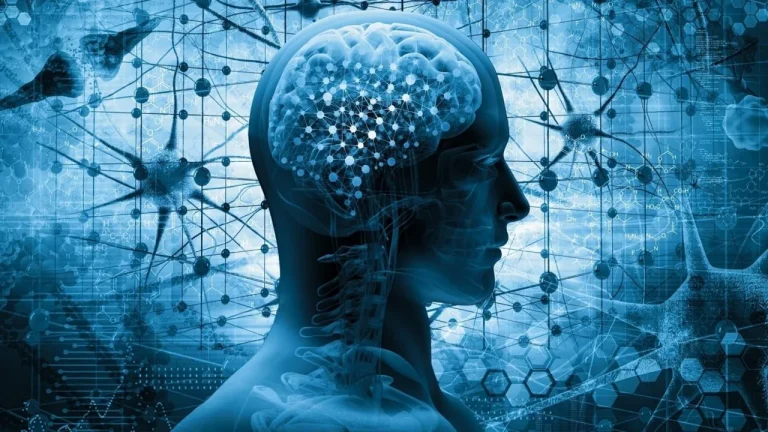Albert Einstein On Science And Religion
Albert Einstein is regarded as one of the greatest scientists of all time. But what were his views on science and religion? Did he see them as complementary or in conflict?
If you’re short on time, here’s a quick answer: Though grounded in science, Einstein saw room for faith. He criticized dogmatic religion but believed science and religion could coexist in harmony. Neither could provide complete answers alone.
This article will explore Einstein’s nuanced perspective on whether science and religion can find common ground.
Einstein Saw Room for Faith Alongside Science
Albert Einstein, one of the greatest scientists in history, held a unique perspective on the relationship between science and religion. Contrary to popular belief, Einstein did not embrace atheism. He saw room for faith alongside science, valuing the spiritual and religious experiences that many individuals have.
Einstein rejected atheism and valued religious experience
Einstein’s worldview was shaped by his belief in a higher power. While he didn’t adhere to any particular religious doctrine, he rejected the idea of a purely atheistic universe. He recognized the limitations of science in explaining the mysteries of life and the universe, acknowledging that there were aspects of existence that transcended scientific understanding.
Einstein saw religious experience as a deeply personal and meaningful aspect of human life. He believed that these experiences provided individuals with a sense of purpose, comfort, and moral guidance.
While he approached religion from a philosophical standpoint rather than a dogmatic one, he acknowledged its significance in the lives of many people.
He believed science couldn’t prove everything
Einstein firmly believed that science could not provide answers to all of life’s questions. He recognized the inherent limitations of scientific inquiry, which is bound by observable phenomena and empirical evidence.
There were fundamental questions about the nature of existence, consciousness, and morality that science alone could not address.
Einstein’s view was in line with the concept of “epistemic humility,” acknowledging that there were limits to human knowledge and understanding. He believed that science and religion could coexist and complement each other, each offering different perspectives and insights into the mysteries of the universe.
Einstein Criticized Dogmatic Religious Doctrines
Albert Einstein, renowned physicist and Nobel laureate, was known for his criticism of dogmatic religious doctrines. He believed in the power of reason and scientific inquiry, and often spoke out against the idea of accepting religious teachings without questioning them.
Einstein opposed Biblical literalism and church authority, challenging the notion that religious texts should be interpreted as literal truth.
Einstein’s skepticism towards dogmatic religious doctrines can be seen in his famous quote: “The religion of the future will be a cosmic religion. It should transcend personal God and avoid dogmas and theology.”
But he appreciated religion’s ethical teachings
Despite his criticism of dogmatic religious doctrines, Einstein recognized the value of religion’s ethical teachings. He believed that religion had the potential to provide moral guidance and inspire individuals to live a virtuous life.
Einstein saw religion as a source of inspiration for leading a meaningful and ethical existence.
Einstein’s view on the relationship between science and religion was nuanced. While he rejected the idea of a personal God and the supernatural, he acknowledged the importance of spirituality and the human quest for meaning and purpose.
It is important to note that Einstein’s views on religion were complex and evolved over time. He was open to exploring the mysteries of the universe and believed that science and spirituality could coexist harmoniously.
To learn more about Albert Einstein’s thoughts on science and religion, you can visit www.einstein-website.de.
Einstein Believed Science Answered How, Religion Answered Why
Albert Einstein, one of the greatest scientific minds in history, had a unique perspective on the relationship between science and religion. He believed that science and religion each had their own domains of inquiry, with science focusing on the “how” of the natural world and religion addressing the deeper questions of “why.”
Science reveals processes but not purpose
According to Einstein, science is a powerful tool for understanding the mechanisms and processes that govern the universe. Through observation, experimentation, and rigorous analysis, scientists can uncover the laws of nature and explain how things work.
Science can provide us with an incredible wealth of knowledge about the physical world, from the tiniest particles to the vastness of the cosmos. However, science alone cannot answer questions about the purpose or ultimate meaning of existence.
For example, science can explain the intricate biological processes that allow life to exist on Earth, but it cannot answer why life exists in the first place. Science can describe the evolutionary processes that have shaped the diversity of species on our planet, but it cannot explain why there is such beauty and complexity in the natural world.
These questions lie in the realm of philosophy, ethics, and religion.
Religion provides meaning but not mechanisms
On the other hand, Einstein believed that religion, specifically a spiritual or philosophical approach to life, can provide a framework for addressing the deeper questions of meaning and purpose. Religion offers a way to explore the mysteries of existence, morality, and the human experience.
It can provide comfort, guidance, and a sense of connection to something greater than ourselves.
Religion and spirituality can help individuals find meaning in their lives, navigate ethical dilemmas, and grapple with the existential questions that science alone cannot answer. While religion may not provide concrete scientific explanations or mechanisms, it offers a different kind of knowledge – one that is deeply personal, subjective, and rooted in faith and belief.
It’s important to note that Einstein’s views on science and religion were complex and evolved over time. He did not adhere to any specific religious doctrine and often expressed skepticism towards organized religion.
However, he maintained a deep reverence for the mysteries of the universe and recognized the value in both scientific inquiry and spiritual exploration.
Ultimately, Einstein’s perspective reminds us that science and religion can coexist and complement each other, offering different ways of understanding and engaging with the world. By embracing the insights and wisdom from both domains, we can gain a more holistic and nuanced understanding of the universe and our place within it.
Einstein Saw No Inherent Conflict Between Science and Religion
Both involve faith within their own spheres
Albert Einstein, one of the greatest scientific minds in history, believed that science and religion could coexist harmoniously. He saw both science and religion as ways to understand and explore the world, with each having its own domain of inquiry.
While science relies on empirical evidence and the scientific method to understand the physical world, religion deals with matters of faith, spirituality, and morality. Einstein recognized that both science and religion require a certain level of faith, albeit in different ways.
Science requires faith in the power of reason and observation, while religion requires faith in a higher power or spiritual belief system.
Neither can invalidate the other’s domain of inquiry
Einstein firmly believed that science and religion are not in direct conflict with each other because they address different aspects of human existence. Science seeks to explain the natural world through observation, experimentation, and logical reasoning, while religion addresses questions of meaning, purpose, and values.
According to Einstein, neither science nor religion can invalidate or disprove the other’s domain of inquiry. They are like two different languages used to describe different aspects of reality. Therefore, dismissing religion based on scientific findings or vice versa is an oversimplification that fails to appreciate the complexity and diversity of human knowledge and experience.
It is important to note that Einstein’s views on science and religion were highly personal and philosophical in nature. While his scientific contributions are widely recognized and respected, his thoughts on religion may not align with those of everyone.
However, his perspective offers a valuable insight into the possibility of finding common ground between science and religion, encouraging a respectful dialogue and understanding between the two domains.
Einstein Valued the Harmony of Intuition and Intellect
Albert Einstein, widely regarded as one of the greatest scientists of all time, had a unique perspective on the relationship between science and religion. He believed in the importance of both intuition and intellect, recognizing that these two seemingly opposing forces could coexist harmoniously.
Science employs intellect and reason
Einstein was a firm believer in the power of intellect and reason in scientific inquiry. He believed that scientific progress could be achieved through rigorous observation, experimentation, and logical reasoning.
He saw science as a way to uncover the mysteries of the universe and to understand the laws that govern it. Einstein’s theory of relativity, for example, was a result of his intellect and logical thinking, backed by extensive mathematical calculations and experimental evidence.
Science, according to Einstein, provides a framework for understanding the natural world based on empirical evidence and logical deductions. It allows us to make predictions, test hypotheses, and gain a deeper understanding of the workings of the universe.
By relying on intellect and reason, scientists can uncover the underlying principles that govern the physical world, leading to technological advancements and a better understanding of our place in the universe.
Religion relies on intuitive experience
While Einstein valued intellect in science, he also recognized the significance of intuitive experiences in religion. He believed that religious experiences, such as a sense of awe and wonder, could provide insights into the deeper aspects of reality that go beyond the limitations of empirical observation and logical reasoning.
Einstein saw religion as a source of inspiration and a way to connect with something greater than ourselves. It offered a framework for addressing existential questions and finding meaning in life. Religion, in his view, provided a sense of purpose and moral guidance, helping individuals navigate the complexities of human existence.
It is important to note that Einstein did not adhere to any specific religious doctrine or belief system. He embraced a more pantheistic view of spirituality, seeing God as synonymous with the laws of the universe.
For him, science and religion were two different approaches to understanding the world, each with its own domain of validity.
Einstein Believed Science Alone Was Not Enough for Society
Albert Einstein, the renowned physicist and mathematician, recognized the limitations of science when it came to addressing the needs of society as a whole. While he was a firm believer in the power and importance of scientific inquiry, he also understood that science alone could not provide all the answers or fulfill all the needs of humanity.
Science cannot provide ethics and values
Einstein firmly believed that science, while capable of immense progress and discovery, could not provide a comprehensive framework for ethics and values. Science, he argued, is concerned with understanding the natural world through observation, experimentation, and analysis.
It deals with facts and empirical evidence, but it falls short when it comes to matters of morality and human behavior.
Science can tell us how things work, but it cannot tell us how we should behave or what is morally right or wrong. Ethics and values, according to Einstein, are the domain of religion and philosophy. They provide guidance and a moral compass for individuals and society as a whole.
Religion offers moral direction for civilization
Einstein recognized the important role that religion plays in providing moral direction for civilization. While he himself did not adhere to any particular religious doctrine, he acknowledged that religion has played a significant role in shaping human values and providing a sense of purpose and meaning.
Religion, with its teachings and traditions, offers a moral framework that goes beyond the realm of science. It addresses questions of right and wrong, offers guidance on how to live a good and meaningful life, and provides a sense of community and belonging.
Einstein saw the potential for science and religion to coexist and complement each other. He believed that a harmonious relationship between the two could lead to a more balanced and enlightened society, where scientific progress is guided by ethical considerations and where religious beliefs are open to scientific inquiry and understanding.
While Einstein’s views on the relationship between science and religion may be controversial, they highlight the importance of recognizing the limitations of science and the broader needs of society. By acknowledging that science alone cannot provide all the answers, we can foster a more holistic approach to knowledge and understanding, one that embraces both the empirical and the ethical.
Conclusion
Though firmly grounded in science, Einstein saw room for faith in things beyond provable knowledge. He recognized science’s limits and believed the intuitions of religion retained value. For Einstein, science and religion were not mutually exclusive but served complementary roles for humanity.
His nuanced perspective allowed room for both in seeking answers about our complex universe.

